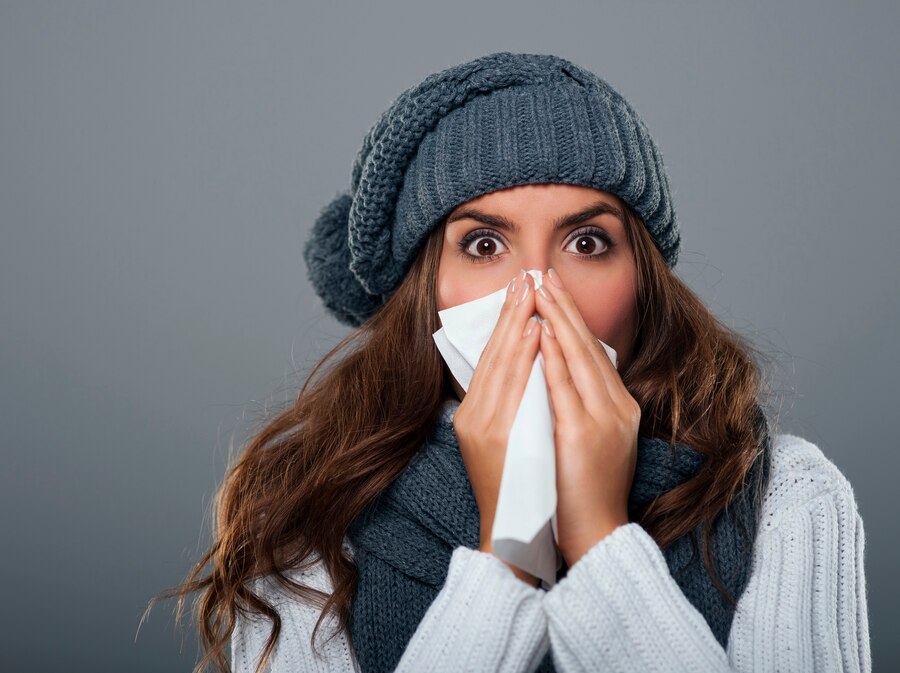Winter season is increasing in most parts of the country. Recently, there has been a sudden change in the weather in many states due to which a sudden drop in temperature is being recorded. Although this winter season is full of pleasure in many aspects like eating and drinking, during this time you need to take special care regarding your health.

With falling temperatures, many types of bacteria and viruses start increasing, due to which there can be a risk of many diseases including respiratory infections.
Not only this, this winter season can also trigger some already existing health problems, for which it is necessary for everyone to remain alert and take preventive measures.
Risk of cold and flu
Colds, flu, and other respiratory illnesses are more commonly reported during the colder months. People often stay indoors, making it easier for viruses to spread from one person to another. Additionally, cold, dry air can weaken immunity, which is thought to increase the risk of these diseases.
For people who already have health problems like asthma or bronchitis, this season can also trigger these problems.
Risk of pneumonia
These days, China is in the grip of severe pneumonia infection, according to the reports of the last few days, the number of patients complaining of pneumonia in the emergency departments of hospitals here has increased rapidly. This winter season can significantly increase the risks of pneumonia. Pneumonia cases are most commonly seen during the colder months. Children under five years of age, the elderly, and people with weakened immunity are at the highest risk of developing pneumonia.

Migraine problem may be triggered
Migraine is a severe form of headache, it is also considered a psychosomatic disorder. This winter season can be challenging for people who already have migraine problems. "Cold weather can trigger migraines," says Cynthia Armand, a neurologist at Montefiore Medical Center in New York City. Health experts believe that cold can disrupt blood flow, which can increase the risk of headaches. Could.
People with blood pressure need special caution
Health experts say that this cold weather is also problematic for those people who have problems with blood pressure. Low temperatures cause blood vessels to temporarily narrow, increasing blood pressure as blood has difficulty flowing through the narrowed veins and arteries. The problem of increased blood pressure can also increase heart disease and its complications. Everyone needs to keep taking measures to control blood pressure.
(PC: Freepik)










